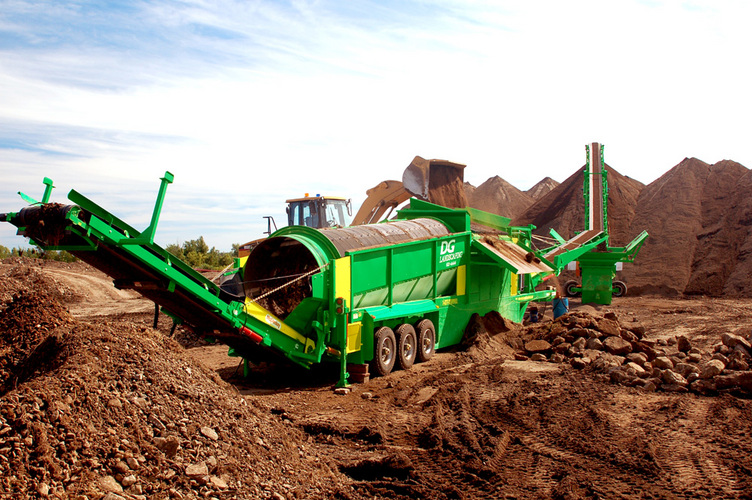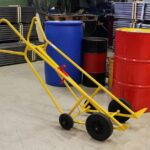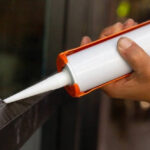
A trommel screen is actually a screened cylinder that separates materials by their size size. The name comes from the word “trommel” which in German means a drum. The trommel screen is most commonly used in solid-waste and mineral processing industries. Most trommel screens are consisted of a cylindrical drum where the separation process takes place. Not all trommel screens are the same, they have differences, and the biggest one is the drum design. There are two main drum designs available on the market: inclined screen cloth segment trommel and spiral drum trommel screen.
The inclined screen cloth segment trommel features a drum with replaceable screening segments which perform the screening/separating process. This drum design is available on the American market, but it can be found in other countries as well. The base angle of this trommel can be adjusted with hydraulic legs for a complete flow control. The main benefits of this drum design are durability and low operating costs, while its biggest disadvantage is that it requires few hours for adjusting the screen cloth. The most common applications of this trommel screen are sand, green-waste, topsoil, compost and gravel applications.
The trommel screens with spiral drum design provide a better flow control through their drums. This drum can be swapped with another for screening different materials. The drum changing process takes up to 15 minutes. The better flow control maximizes the sorting capabilities of these trommel screens. But the biggest disadvantage is the inability to replace portions of the drum when some damages occur. The trommel screens with spiral drums are most commonly used for compost, green-waste and topsoil applications.
Those who buy trommel screens for the first time may not recognize a difference in the performance. The only thing they notice is how fast the material goes through the trommel screen rather than how well the trommel screen actually separates and sorts the materials. The performance of the trommel screen depends on its ability to sort different kinds of fine materials for a specified amount of time. The size of the screen cloth and the type of material also affects the performance.






















